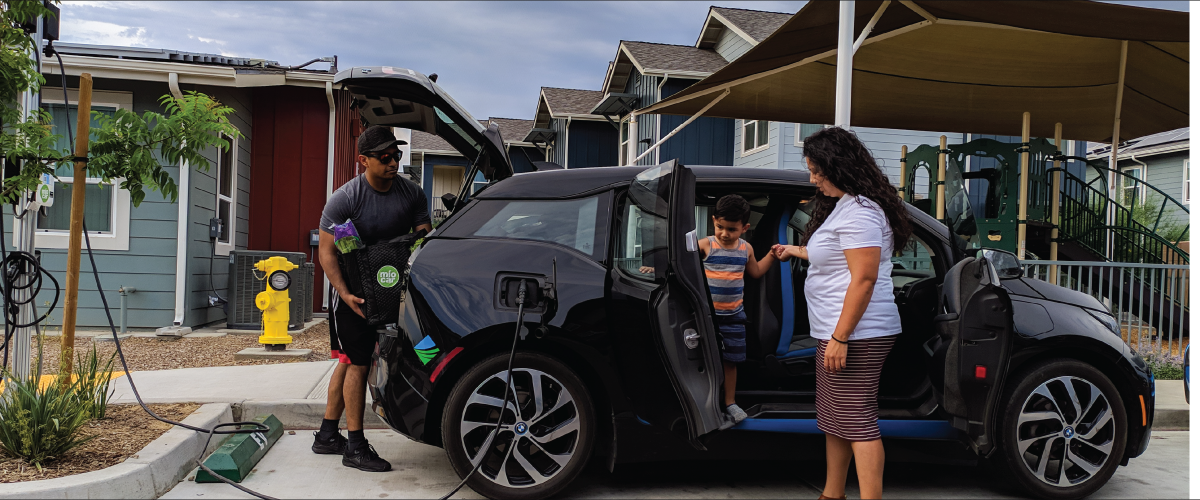For over two decades, California has been setting climate goals and adopting wide-ranging climate policies. Our research is taking a deep dive into how the state integrates justice into climate governance, from comprehensive planning to clean energy funding.

Adopting climate justice goals is one thing; how, when, and where they’re implemented is another. As one of the first states to adopt climate goals and the first to incorporate environmental justice principles, California has an implementation track record. But relatively little is known about the internal agency decision-making dynamics that are instrumental to achieving — or failing to achieve — climate justice goals.
Our research looks behind the scenes to identify best practices for integrating justice into climate planning and funding a clean energy future. Our analysis will unpack what drives agency decisions and the efficacy of the state’s public participation processes. Our insights can help move climate policy beyond piecemeal and fragmented programs to a more holistic and integrated vision for an equitable transition.
Navigating California’s climate legislation, agencies, and programs is not for the faint of heart. To help community groups, advocates, policymakers, and researchers understand and access the state’s web of programs, we provide an array of diagrams, charts, and tables, organized as follows:
* Primary laws and executive orders shaping the state’s climate scoping plan and programs
* Funding processes and sector-by-sector climate funding programs

We are assessing the effectiveness of California’s integration of justice into its economy-wide comprehensive climate change planning documents – its “scoping plans”—considering the role of statutory directives, agency planning processes, and the role of the Environmental Justice Advisory Committee and community participation.

A second research project is an inquiry into the crucial dynamics of state funding program mechanisms. We are analyzing how state agencies determine funding priorities, the way they allocate funds, and the equity and efficacy of grant program structures.
*Photo of family with electric car courtesy of Míocar.

Given the multi-sector nature of the clean energy transition, we are assessing how authority for climate-related programs is distributed across the complex network of state, regional, and local entities, including agencies responsible for clean energy, economy, environmental quality, transportation, housing, and land use.
 Daniel Farber | February 24, 2026
What Happens to State Regulation if the Endangerment Findings are Gone?
Daniel Farber | February 24, 2026
What Happens to State Regulation if the Endangerment Findings are Gone?
 Daniel Farber | November 13, 2025
The Lingering Legal Issue of California’s Limits on Vehicle Emissions
Daniel Farber | November 13, 2025
The Lingering Legal Issue of California’s Limits on Vehicle Emissions
 Catalina Gonzalez, James Goodwin | August 26, 2025
The Center’s Gonzalez and Goodwin Testify on EPA Climate Capitulation
Catalina Gonzalez, James Goodwin | August 26, 2025
The Center’s Gonzalez and Goodwin Testify on EPA Climate Capitulation
Contact our project leads with questions, concerns, or ideas.
Professor Alice Kaswan is a nationally-recognized scholar on climate and environmental justice and currently teaches at the University of San Francisco School of Law.
She may be reached at kaswan@usfca.edu
Catalina Gonzalez has experience working with community-based organizations and disadvantaged communities on advocacy, community engagement, and capacity-building.
She may be reached at cgonzalez@progressivereform.org